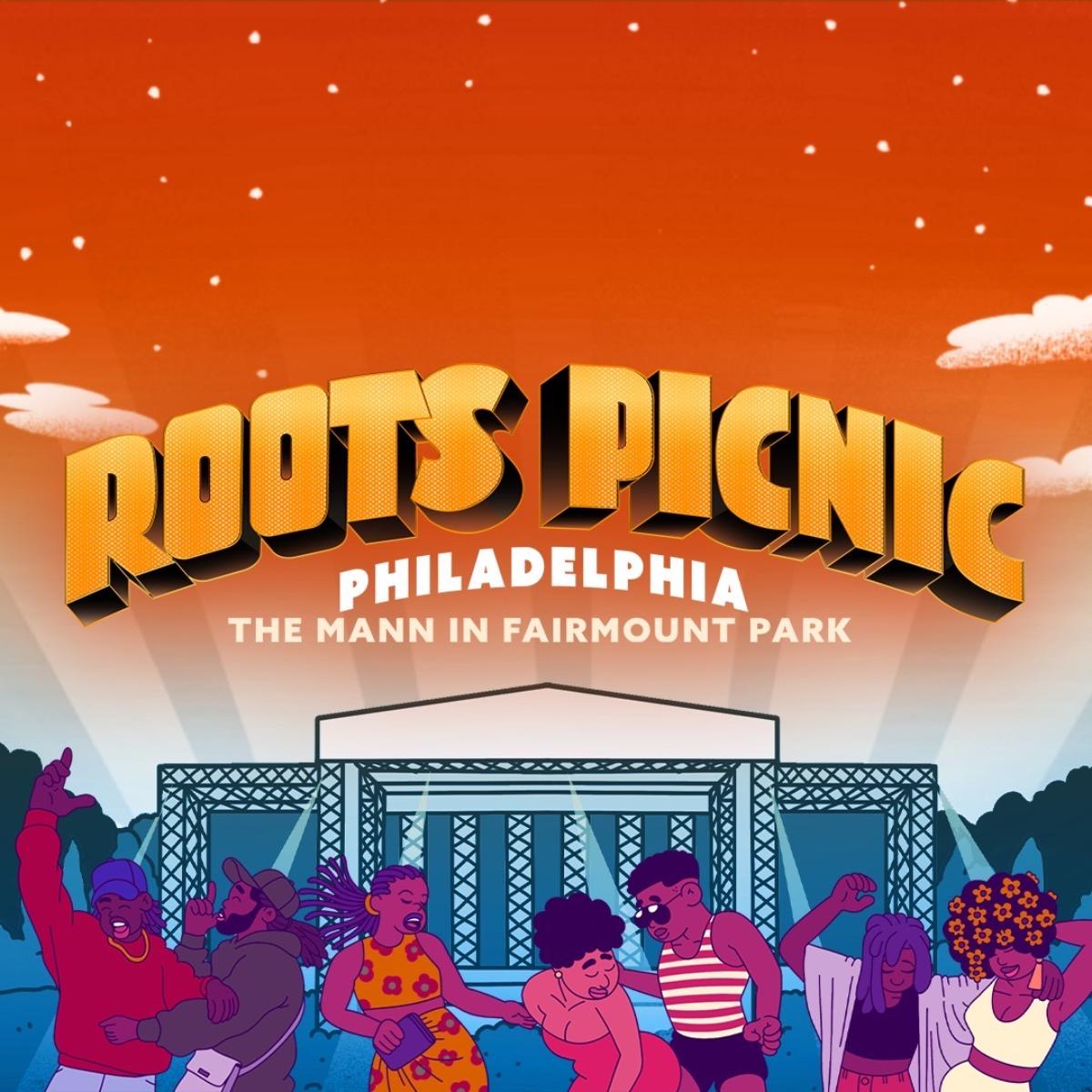In this chronological journey, we'll explore some of the best Afrobeat songs and albums that have shaped the genre's vibrant history, spanning decades of musical innovation and cultural expression.
1970s - Afrobeat Comes Alive:
"Jeun Ko Ku (Chop 'n' Quench)" (1971) by Fela Kuti: This iconic song by Fela Kuti, often regarded as the pioneer of Afrobeat, merges jazz, highlife, and African rhythms, setting the foundation for the genre.
"Gentleman" (1973) by Fela Kuti: With tracks like "Gentleman" and "Fefe Naa Efe," Fela combines Afrobeat's infectious grooves with cutting social and political commentary.
"Expensive Shit" (1975) by Fela Kuti: This album showcases Fela's fusion of infectious rhythms, socially conscious lyrics, and extended instrumental sections, solidifying his status as an Afrobeat icon.
"Zombie" (1977) by Fela Kuti: Fela's scathing critique of the Nigerian military regime in "Zombie" became an anthem of resistance, featuring infectious grooves and powerful lyrics.
"No Agreement" (1977) by Fela Kuti: Fela's album "No Agreement" expresses his disdain for corruption and abuse of power, featuring dynamic rhythms and incisive lyrics.
"Shuffering and Shmiling" (1978) by Fela Kuti: This album showcases Fela's powerful critique of societal ills and introduces Afrobeat to wider global audiences.
1980s - Afrobeat Spreads its Wings:
"Juju Music" (1982) by King Sunny Adé: While not strictly Afrobeat, this influential album fuses Nigerian juju music with elements of Afrobeat, capturing the spirit of the era.
2000s to Present - Afrobeat Flourishes:
"Fight to Win" (2001) by Femi Kuti: Femi Kuti carries forward the Afrobeat tradition, blending infectious grooves with contemporary influences in tracks like "Beng Beng Beng."
"From Africa with Fury: Rise" (2011) by Seun Kuti & Egypt 80: Seun Kuti collaborates with his father's former band, Egypt 80, embodying the spirit of Afrobeat and its powerful social commentary.
"Black Times" (2018) by Seun Kuti & Egypt 80: Seun Kuti's album features collaborations with Carlos Santana and Yasiin Bey (formerly Mos Def), infusing Afrobeat with diverse musical influences.
"Fu Chronicles" (2020) by Antibalas: Antibalas delivers energetic performances that blend Afrobeat, funk, and jazz, carrying the tradition of Fela Kuti into the present.
These Afrobeat songs and albums represent the evolution and enduring impact of the genre, from Fela Kuti's pioneering work to the contemporary interpretations by artists today.


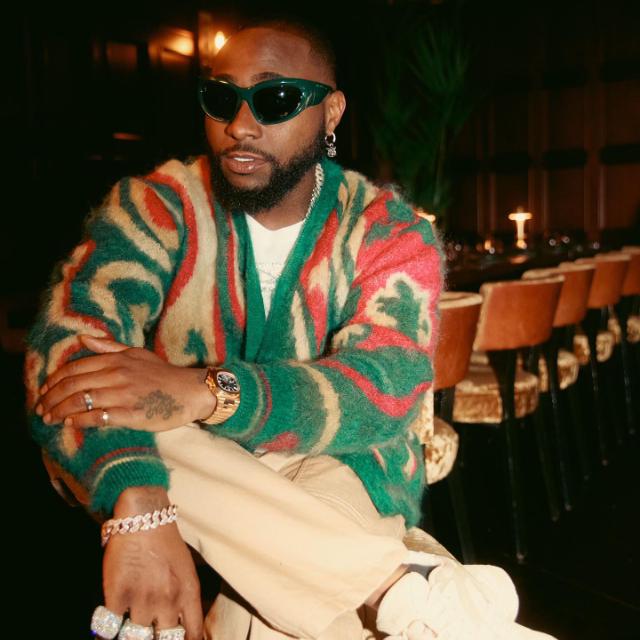
 NGAAfricanAfrobeat
NGAAfricanAfrobeat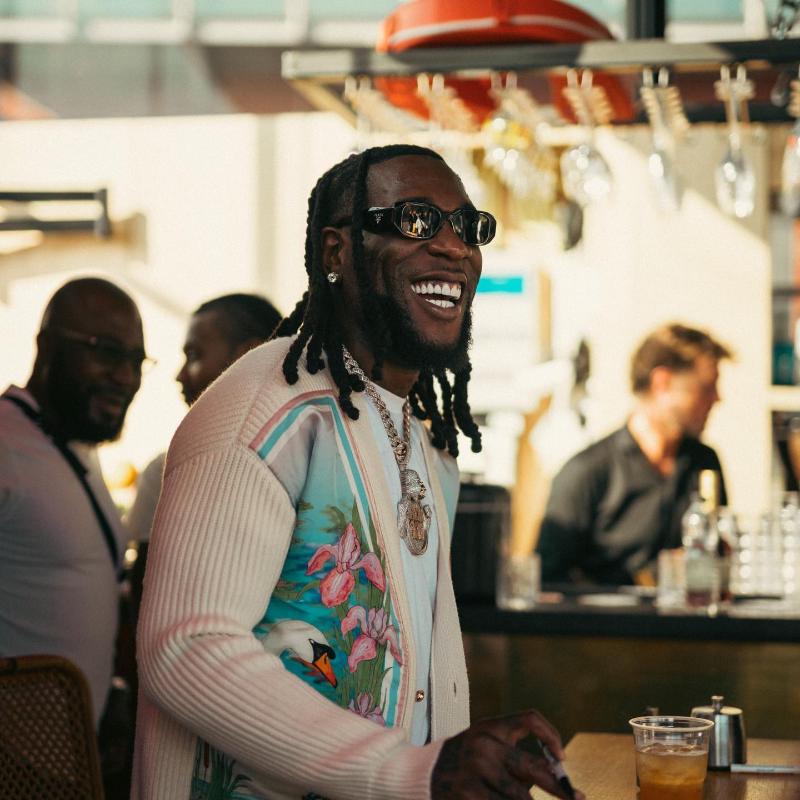
 NGAAfricanAfrobeat
NGAAfricanAfrobeat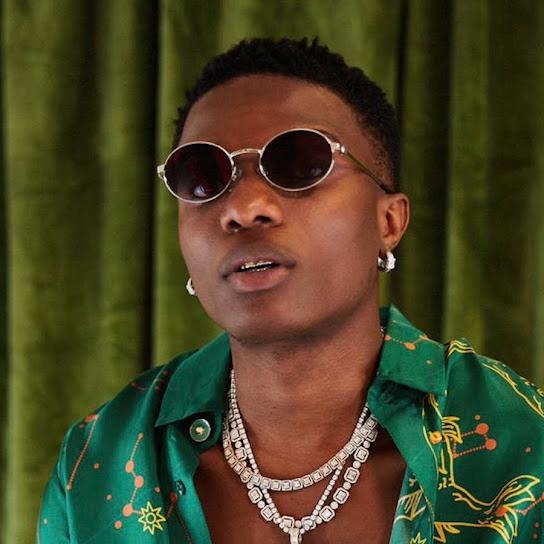
 NGAAfricanAfrobeat
NGAAfricanAfrobeat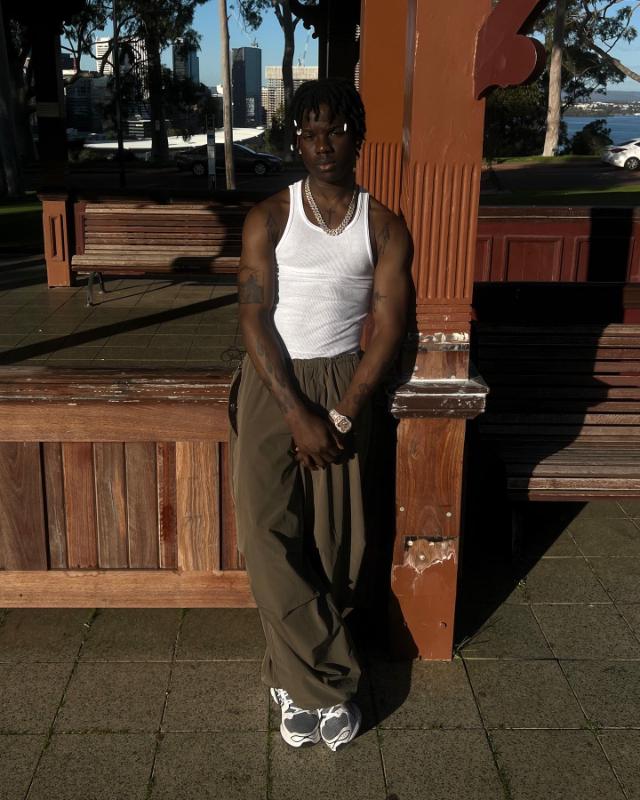
 NGAAfricanAfrobeat
NGAAfricanAfrobeat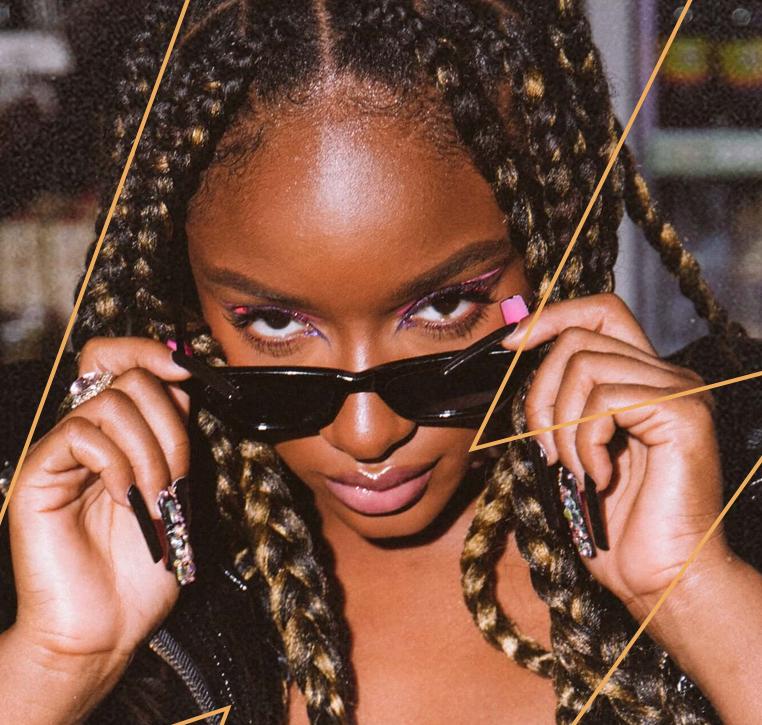
 NGAAfricanAfrobeat
NGAAfricanAfrobeat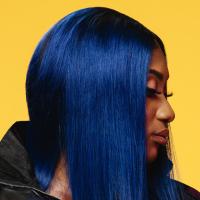
 FRAAfricanAfrobeat
FRAAfricanAfrobeat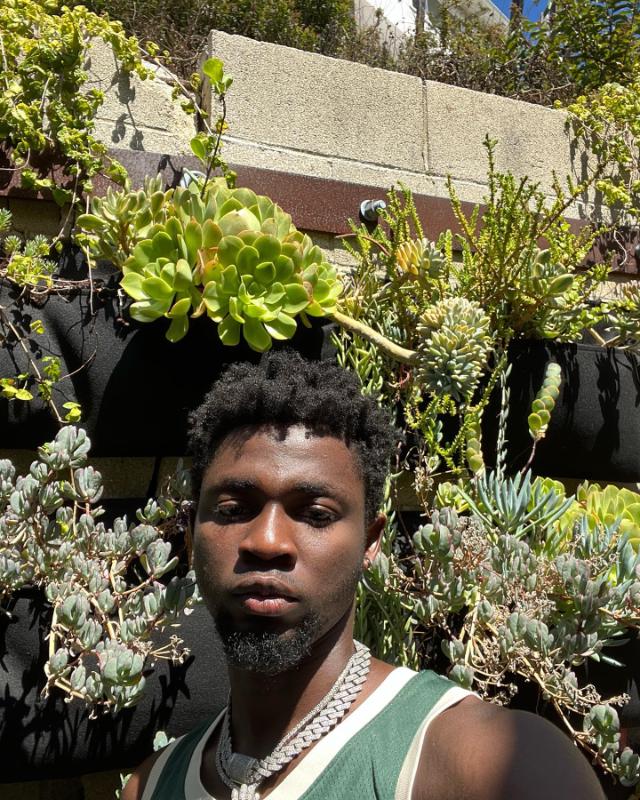
 NGAAfricanAfrobeat
NGAAfricanAfrobeat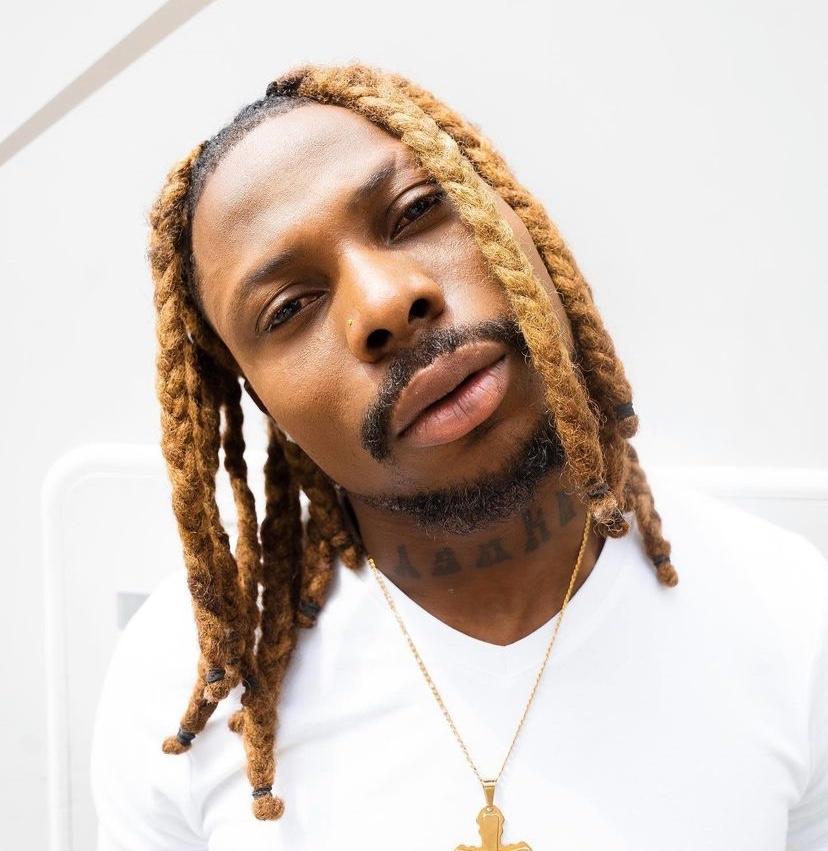
 NGAAfricanAfrobeat
NGAAfricanAfrobeat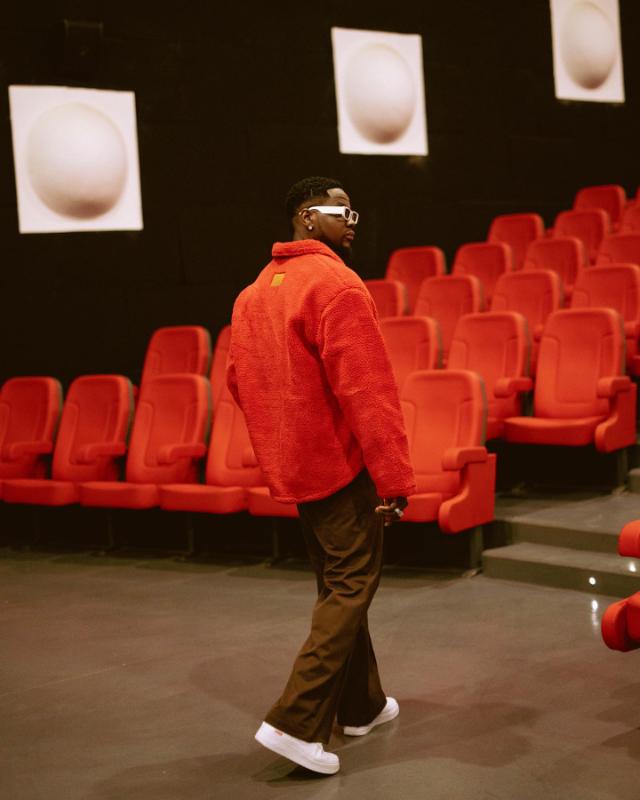
 NGAAfricanAfrobeat
NGAAfricanAfrobeat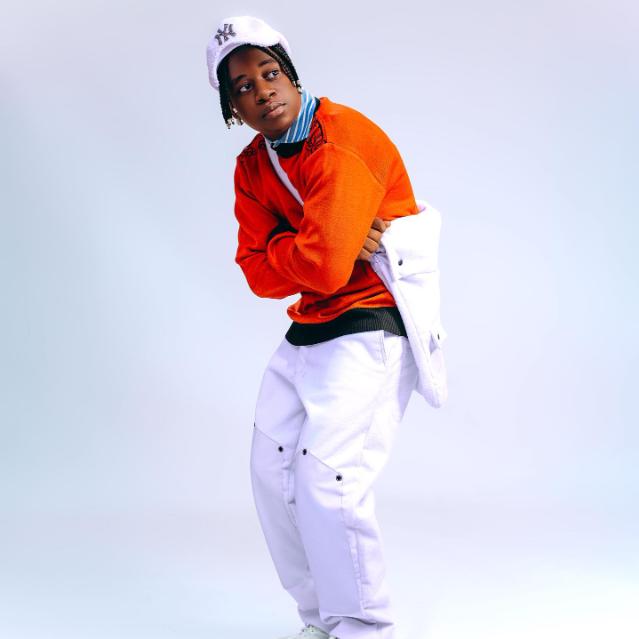
 TZAAfricanAfrobeat
TZAAfricanAfrobeat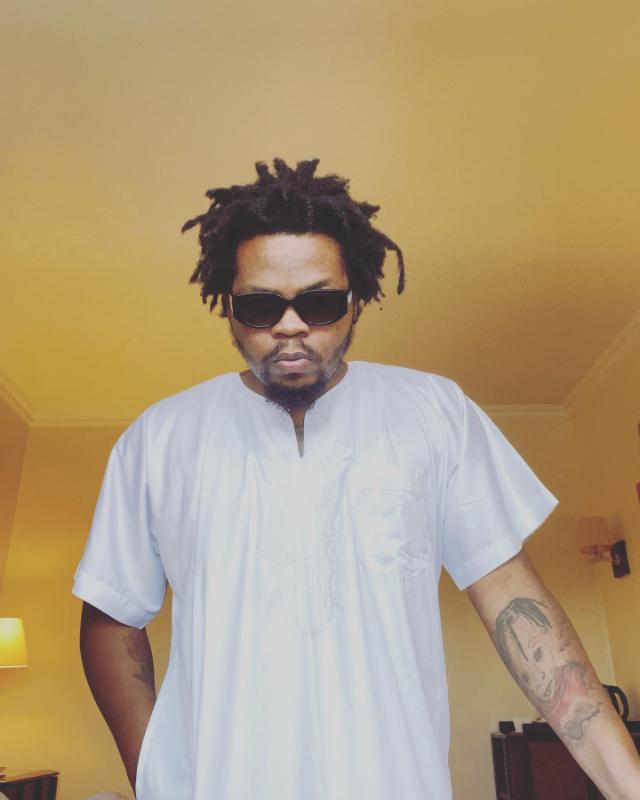
 NGAAfricanAfrobeat
NGAAfricanAfrobeat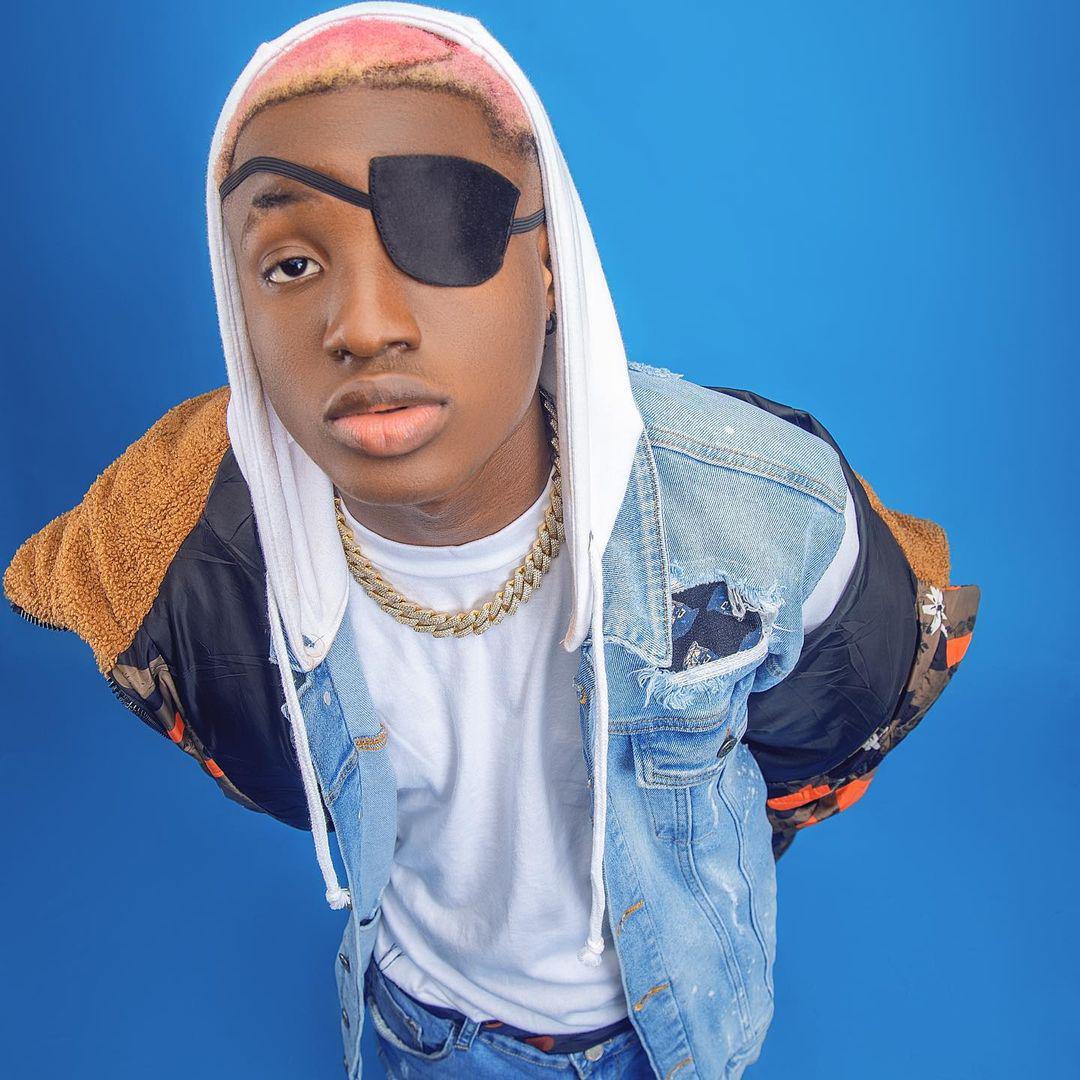
 NGAAfricanAfrobeat
NGAAfricanAfrobeat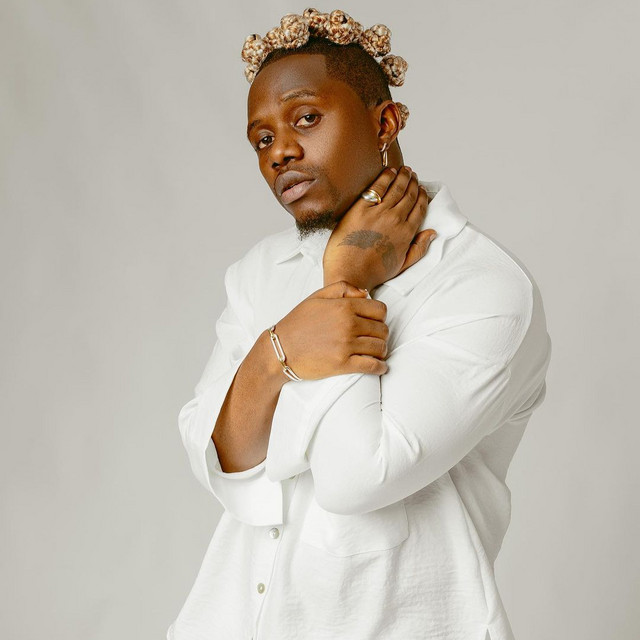
 TZAAfricanAfrobeat
TZAAfricanAfrobeat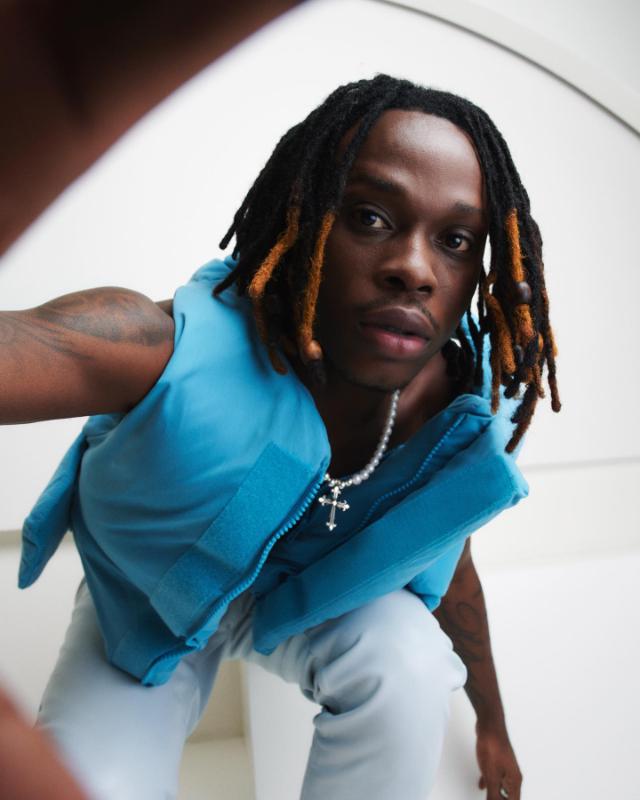
 NGAAfricanAfrobeat
NGAAfricanAfrobeat
 NGAAfricanAfrobeat
NGAAfricanAfrobeat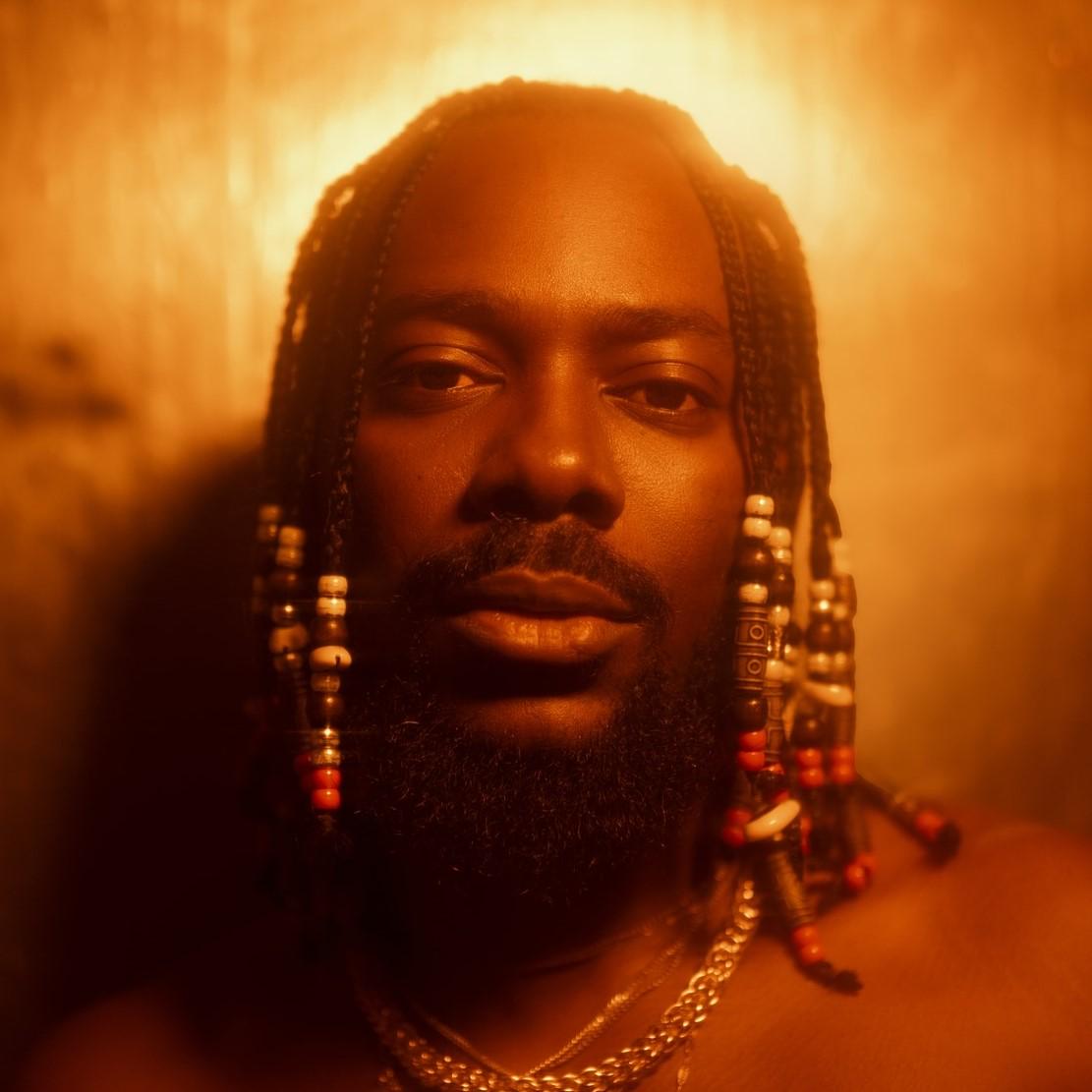
 NGAAfricanAfrobeat
NGAAfricanAfrobeat
 FRAAfricanAfrobeat
FRAAfricanAfrobeat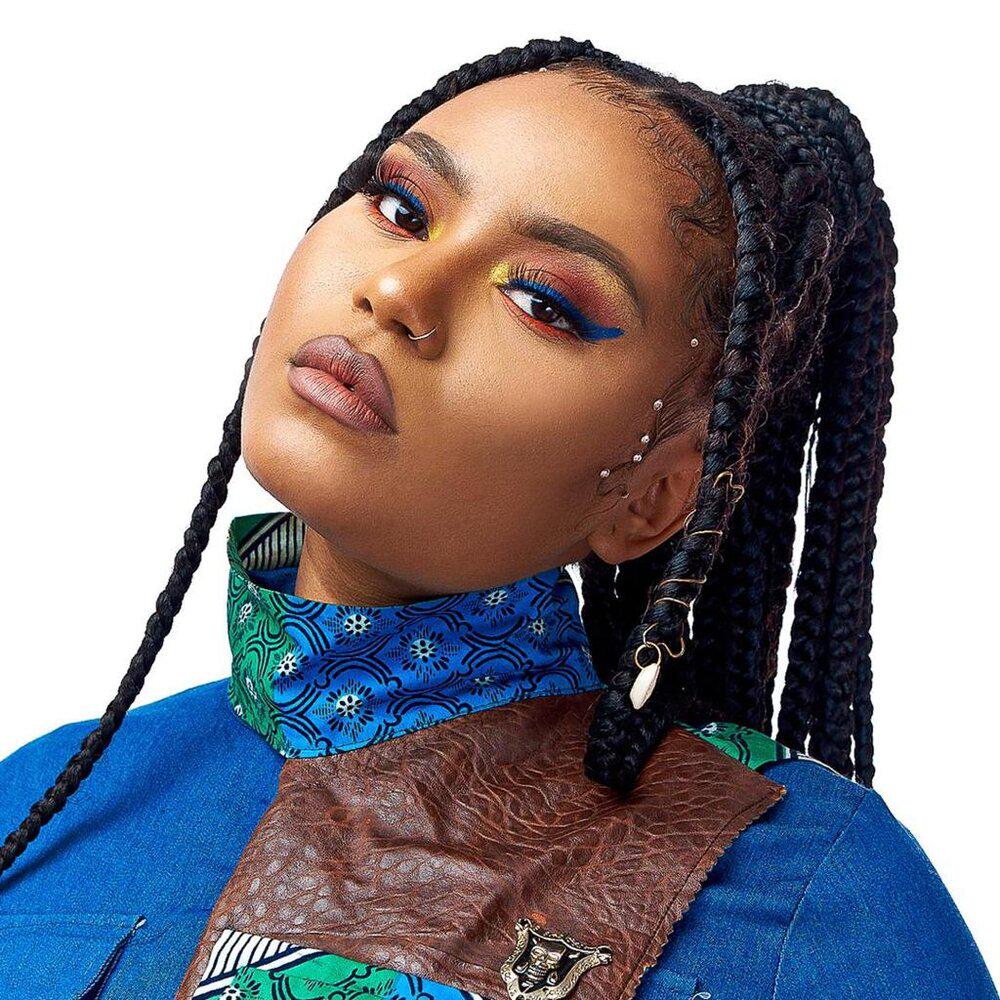
 GHAAfricanAfrobeat
GHAAfricanAfrobeat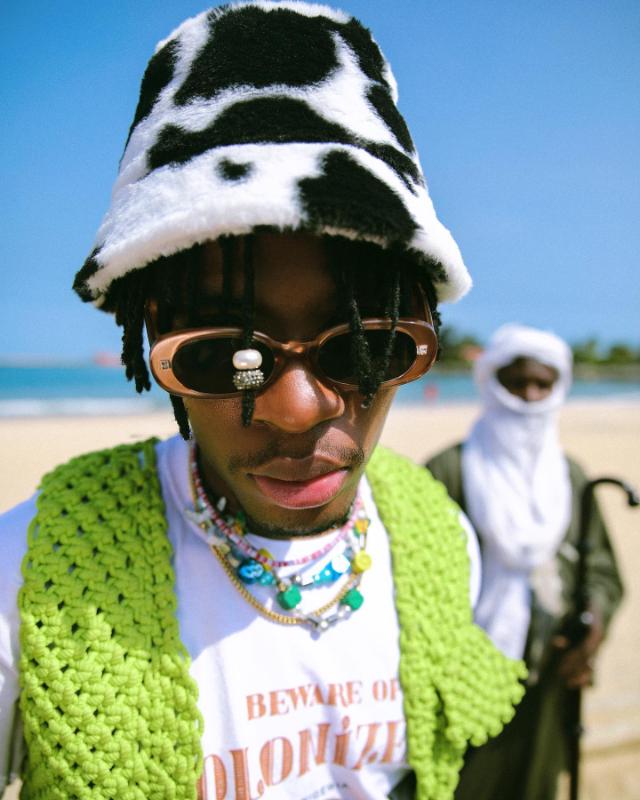
 NGAAfricanAfrobeat
NGAAfricanAfrobeat Viberate
Viberate ZAF
ZAF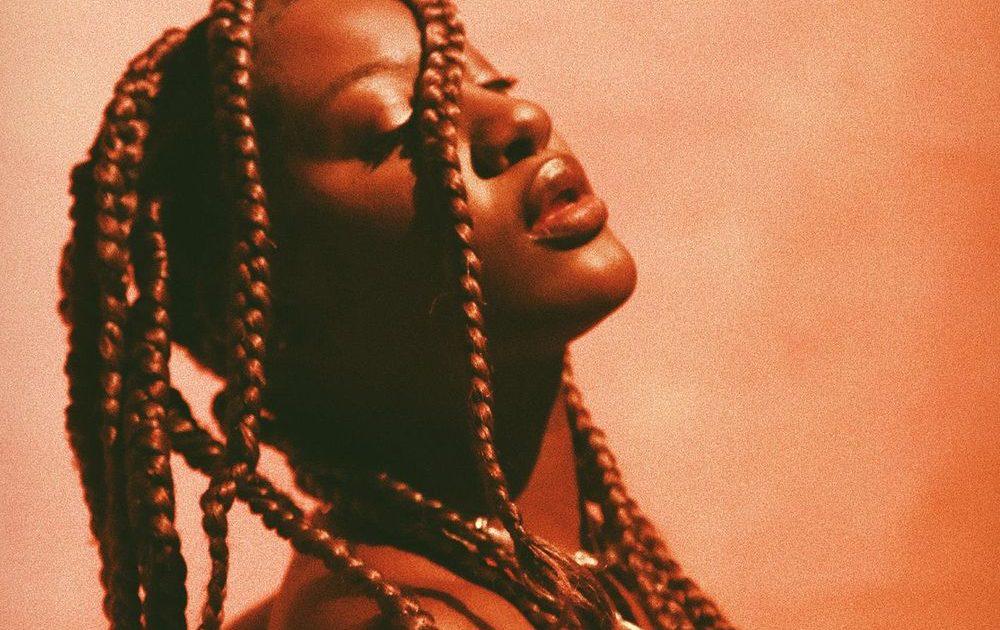
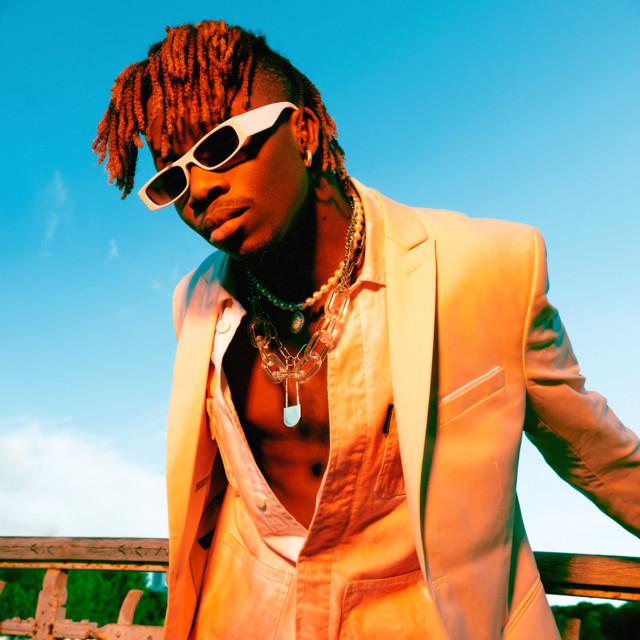






















 FIN
FIN
 PRT
PRT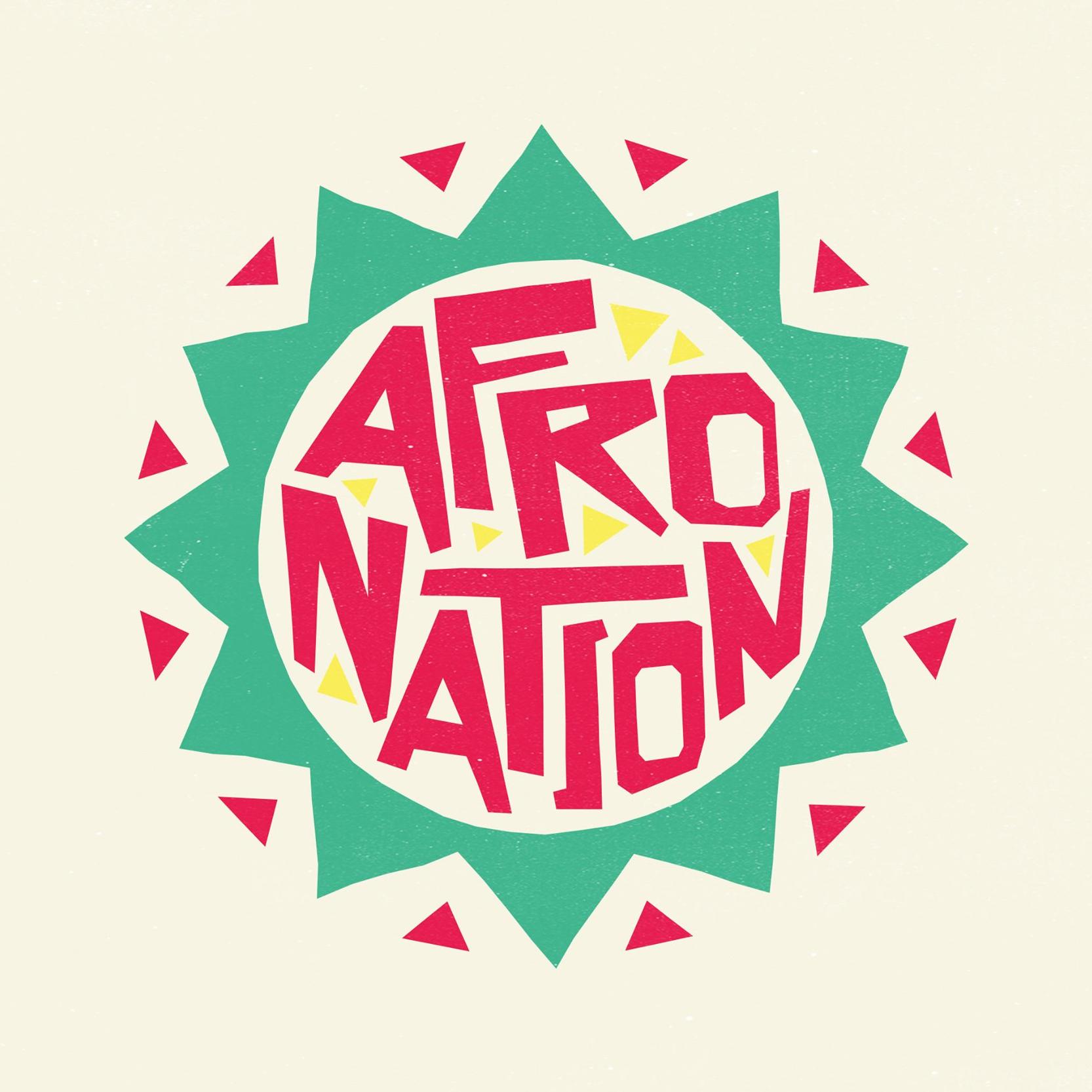
 BEL
BEL
 USA
USA